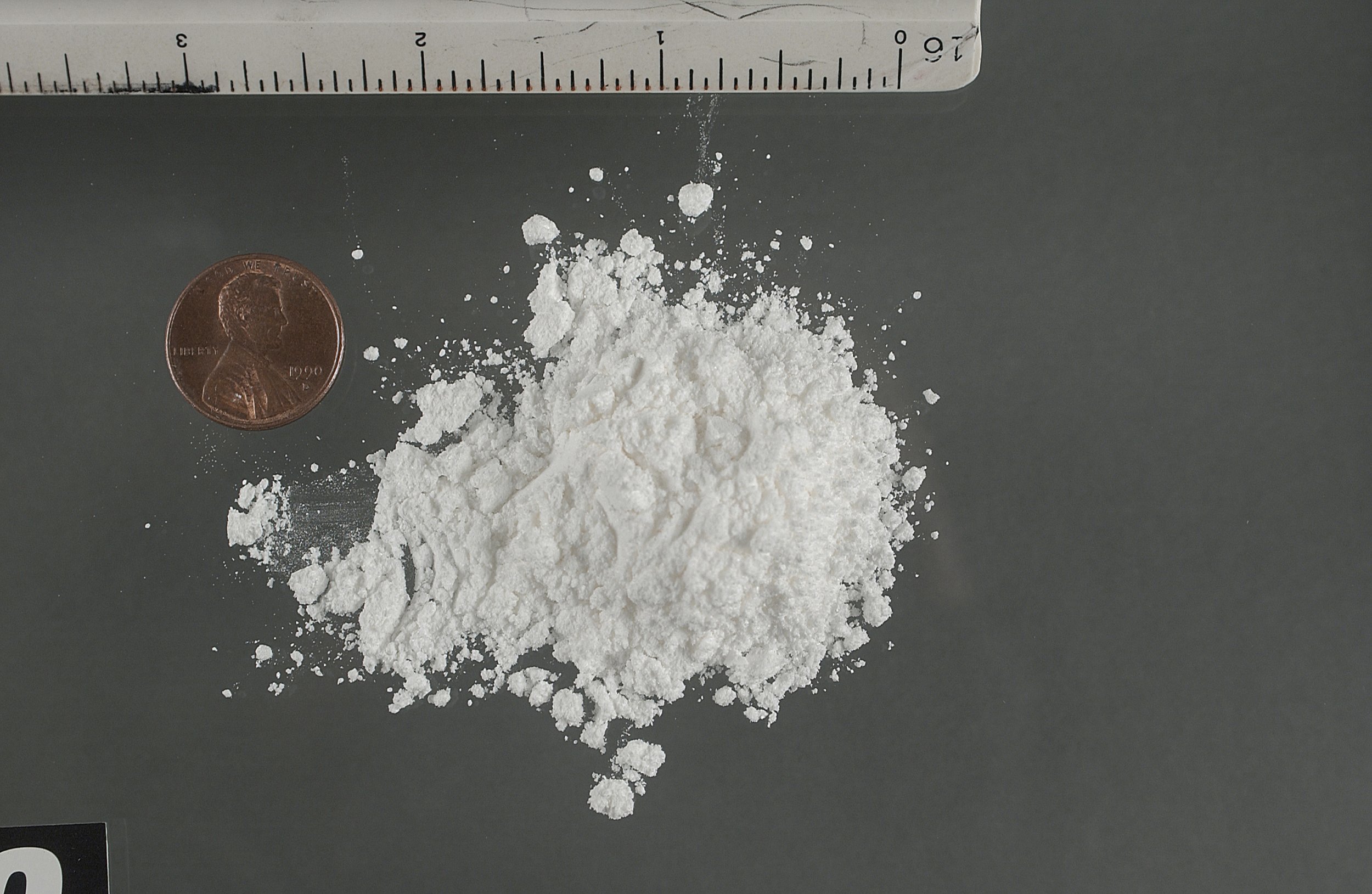
Nearly everyone is well aware of the detrimental effects high doses of cocaine can have on the central nervous system. However, most people would never think the way the damage occurs is like something out of a Hollywood horror film.
New research on mice finds clues that cocaine actually causes brain cells to cannibalize themselves. This process, known in scientific terms as overactive autophagy, means that when neurons are exposed to cocaine, the brain actually digests itself. Autophagy, apoptosis and necrosis are the three pathways of cellular death.
Up until this point, researchers have known very little about how cocaine prompts cell death. But the new study, published Monday in the Proceedings of the National Academy of Sciences, has pinpointed just how cocaine damages the brain.
[Related: Drug Overdose Death Rate at All-Time High: CDC Report]
For the study, lead author Prasun Guha, a postdoctoral fellow at Johns Hopkins, and his team first added cocaine molecules to cultures of nerve cells from mice and "unbiasedly screened all different pathways that lead to death" to determine which one was at work. "Interestingly, autophagy is the only pathway that kills neurons with cocaine," says Guha.
Next, the team tried the experiment on live animals. They gave pregnant mice cocaine and found autophagy in the brains of offspring of the mothers. The researchers found higher than normal levels of LC3-II antibodies and lower levels of p62 protein, which are both markers of autophagy.
Knowing specifically how cells die is critical for scientists looking to develop a targeted treatment for an illness. And once the Johns Hopkins team understood the pathway at work for cocaine-related brain cell death, it was able to identify a possible contender for an antidote drug.
For a long time, scientists have known that brain cells use the gas nitric oxide to communicate. In 2013, the same team of Johns Hopkins researchers discovered that nitric oxide is involved in cell death that results from exposure to high doses of cocaine. This occurs as a result of nitric oxide's interaction with the enzyme GAPDH.
So in the recent PNAS study, the team tested a drug molecule known as CGP3466B, which interrupts communication between nitric oxide and GAPDH, as a possible antidote for cocaine-related neuron death. The compound, which failed in Phase II trials as a potential treatment for Parkinson's disease and Lou Gehrig's disease, turned out to counteract cell death from cocaine.
[Related: Our Brains Compress Memory Files Like Computers]
The scientists hope their research could lead to the development of a drug that can protect both adults and infants from the effects of cocaine on the brain. Since CGP3466B has already been tested in humans, it's known to be safe. But the researchers say it will take subsequent studies on mice, as well as human trials, to determine if it's actually the right antidote.
They also plan to examine the way cocaine causes death in other cells in the body, such as in the heart. "We just checked the neurotoxicity," Guha says. "Cocaine can affect different body cells, and we don't know that is the way they are killing other cells."
Uncommon Knowledge
Newsweek is committed to challenging conventional wisdom and finding connections in the search for common ground.
Newsweek is committed to challenging conventional wisdom and finding connections in the search for common ground.
About the writer
Jessica Firger is a staff writer at Newsweek, where she covers all things health. She previously worked as a health editor ... Read more
To read how Newsweek uses AI as a newsroom tool, Click here.








